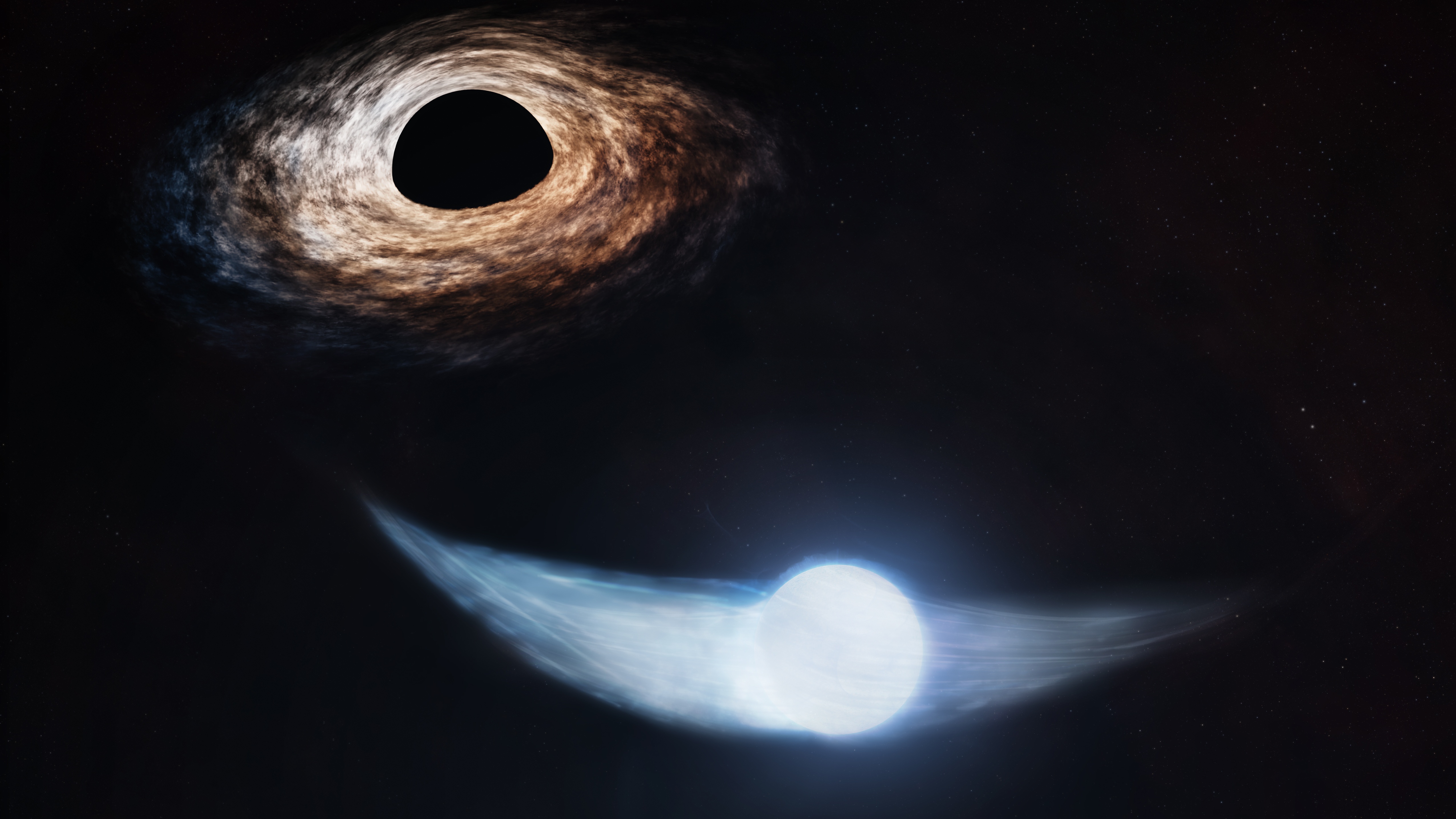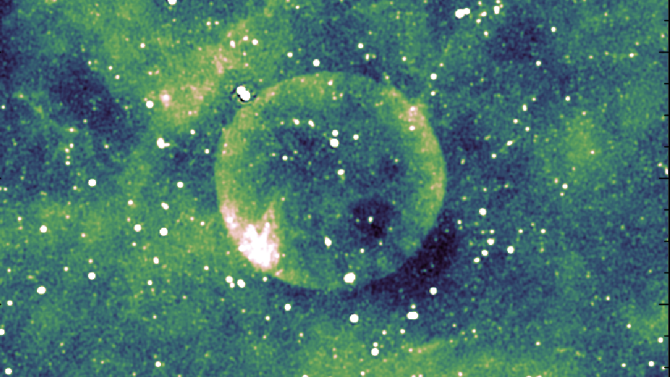
Sharmila Kuthunur
Sharmila Kuthunur is a Seattle-based science journalist focusing on astronomy and space exploration. Her work has also appeared in Scientific American, Astronomy and Live Science, among other publications. She has earned a master's degree in journalism from Northeastern University in Boston. Follow her on BlueSky @skuthunur.bsky.social
Latest articles by Sharmila Kuthunur
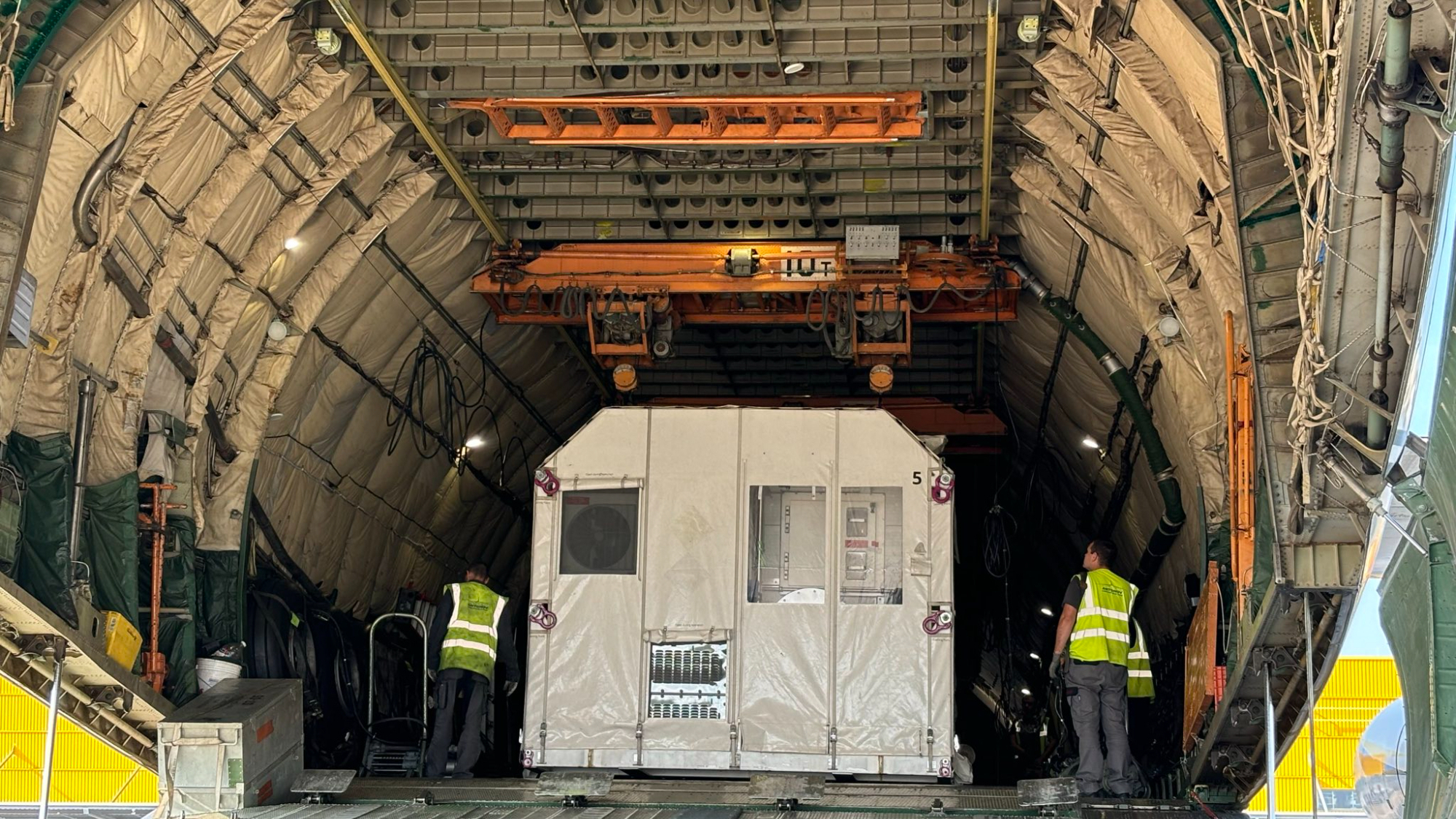
Europe's Hera probe to launch Oct. 7 to inspect asteroid NASA smacked in 2022
By Sharmila Kuthunur published
Europe's Hera mission to the asteroid Dimorphos, which NASA's DART probe hit in September 2022, has arrived at its launch site in Florida ahead of its planned Oct. 7 liftoff.
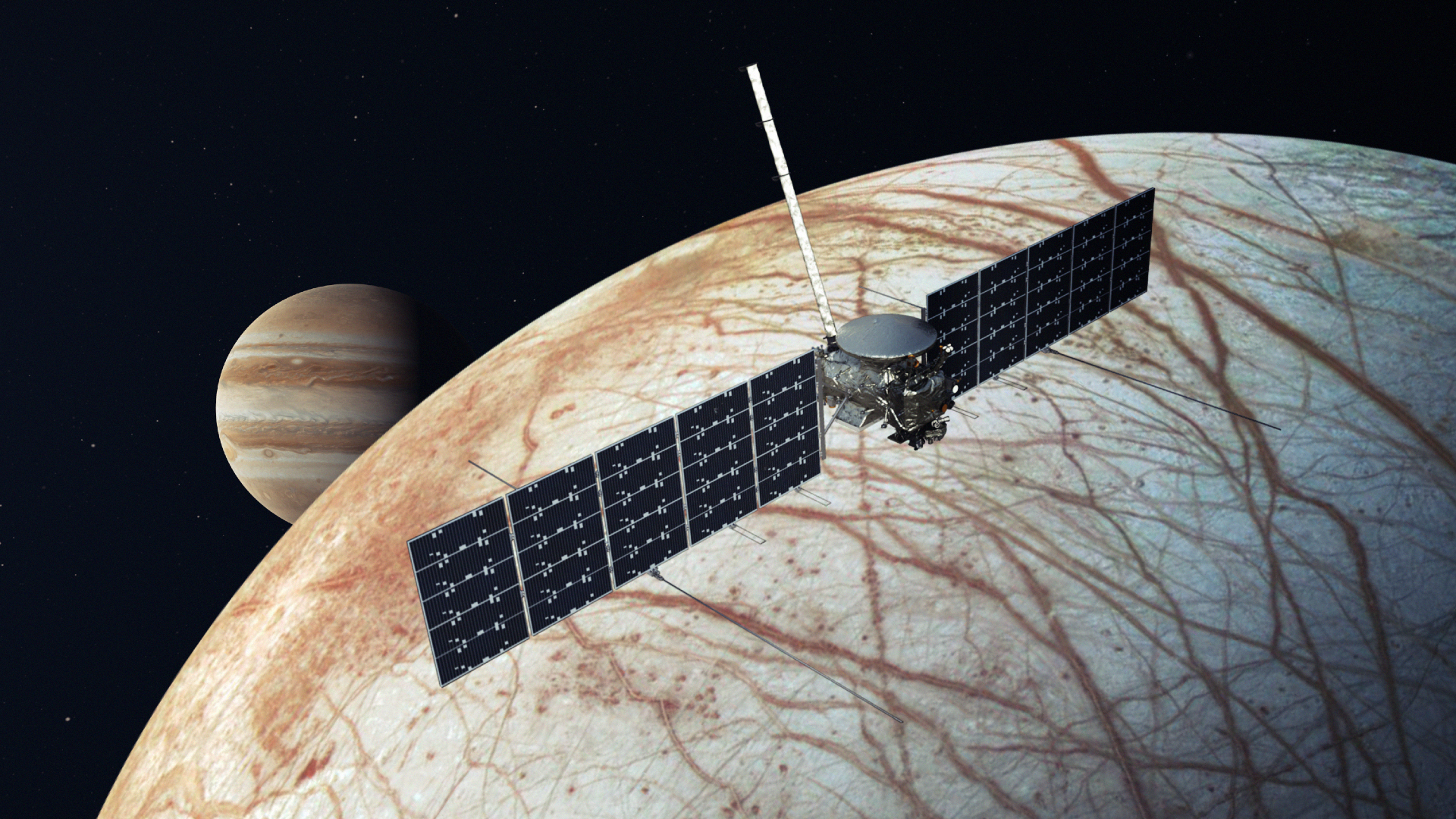
NASA's Europa Clipper on track for Oct. 10 launch to Jupiter's icy moon despite radiation worries
By Sharmila Kuthunur published
The Europa Clipper will determine whether Jupiter’s icy moon has the right conditions for life as we know it.
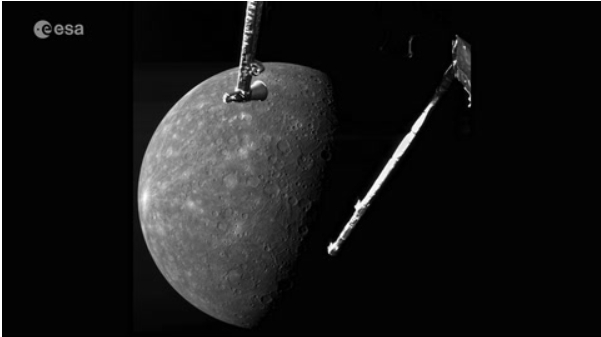
Magnetic mystery at Mercury revealed by BepiColombo probe (video)
By Sharmila Kuthunur published
The BepiColombo probe's flybys of Mercury have revealed just how sharply and rapidly the planet's local environment changes in response to the solar wind.
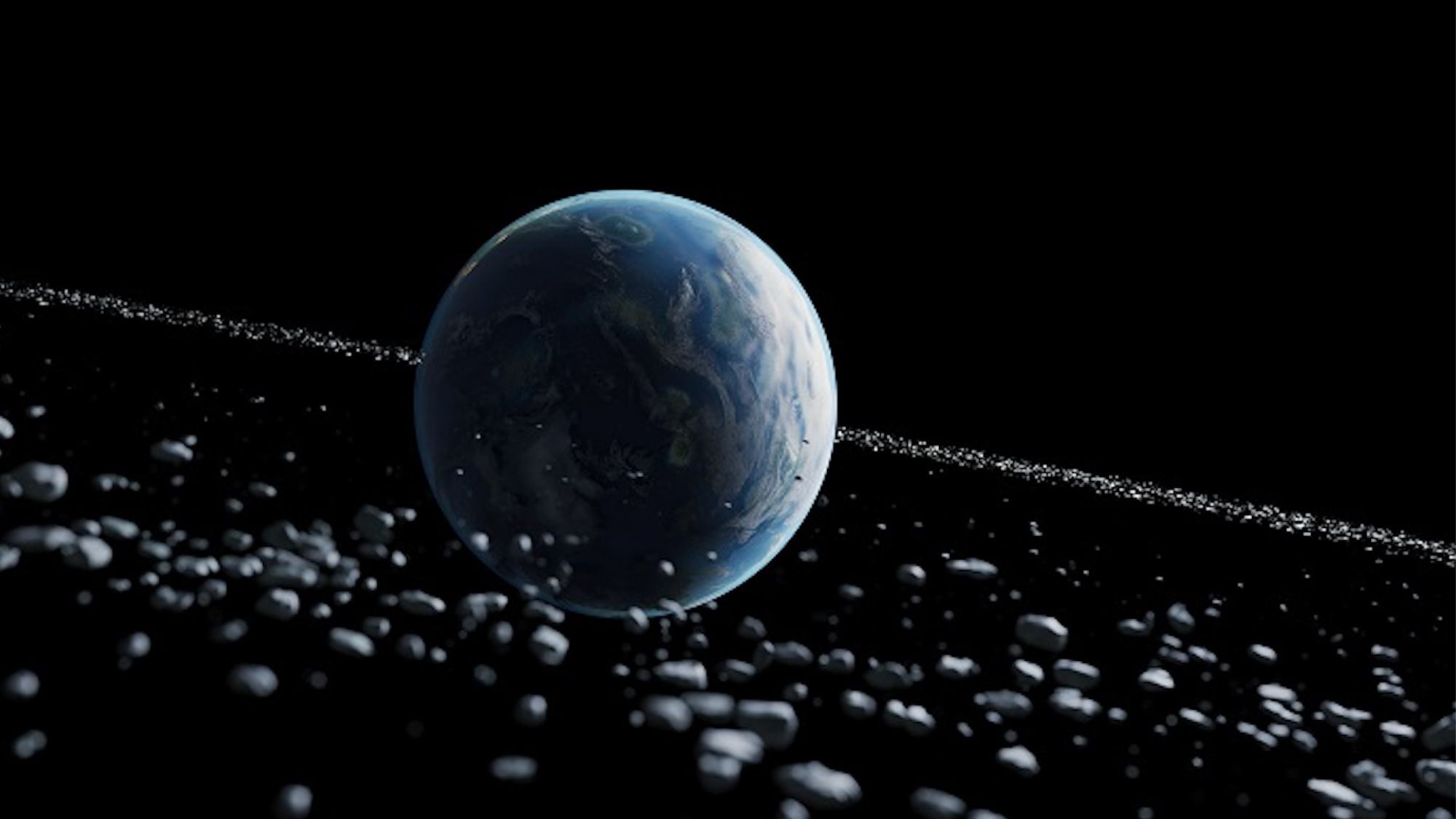
Earth had Saturn-like rings 466 million years ago, new study suggests
By Sharmila Kuthunur published
Earth may have had a Saturn-like ring system long ago, created from the debris of a passing asteroid that our planet tore apart.
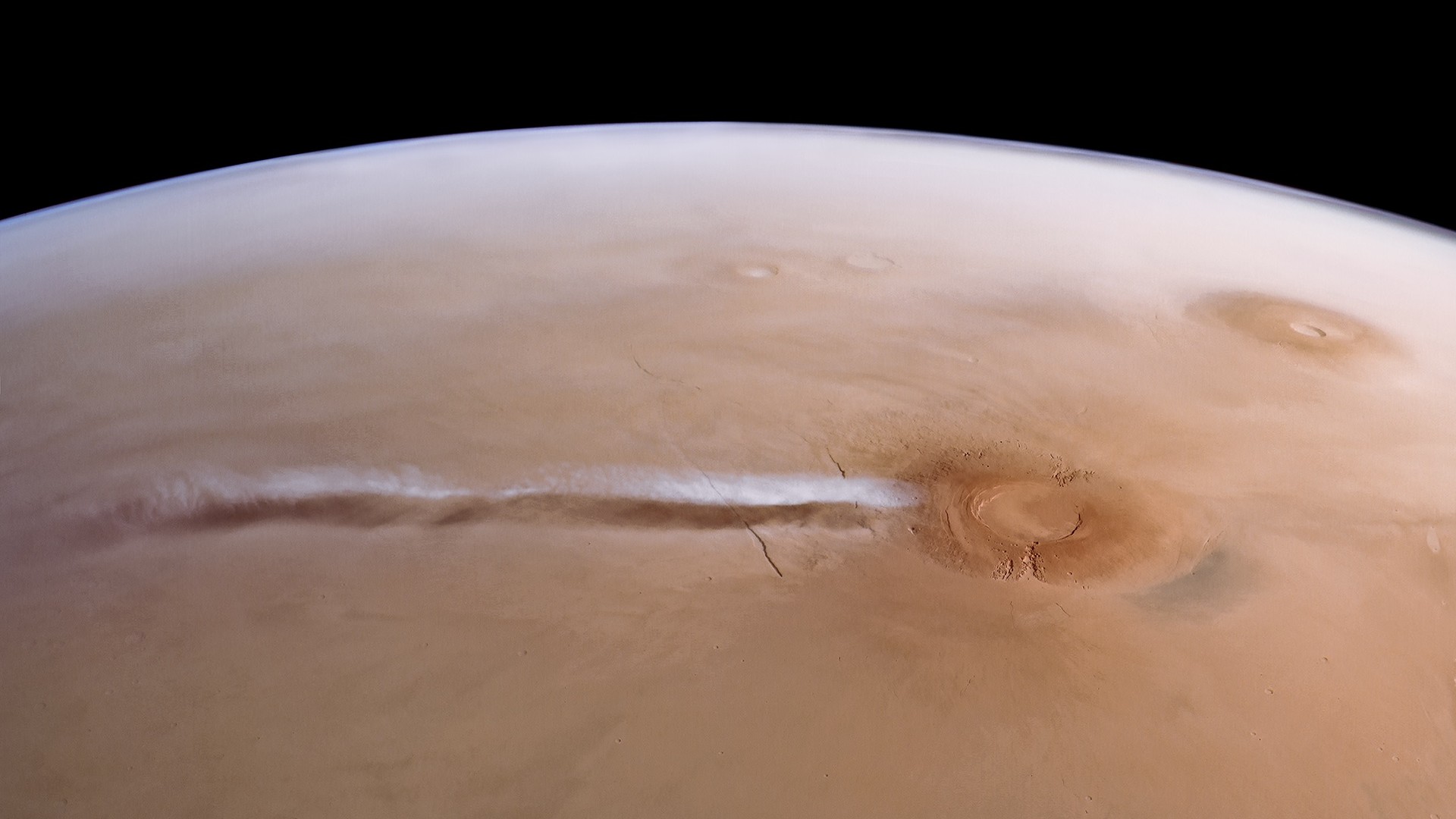
Best-ever 'Cloud Atlas' of Mars showcases stunning cloud patterns (photos)
By Sharmila Kuthunur published
The most comprehensive map of clouds on Mars includes a variety of cloud patterns, including some that are unlike anything seen on Earth.
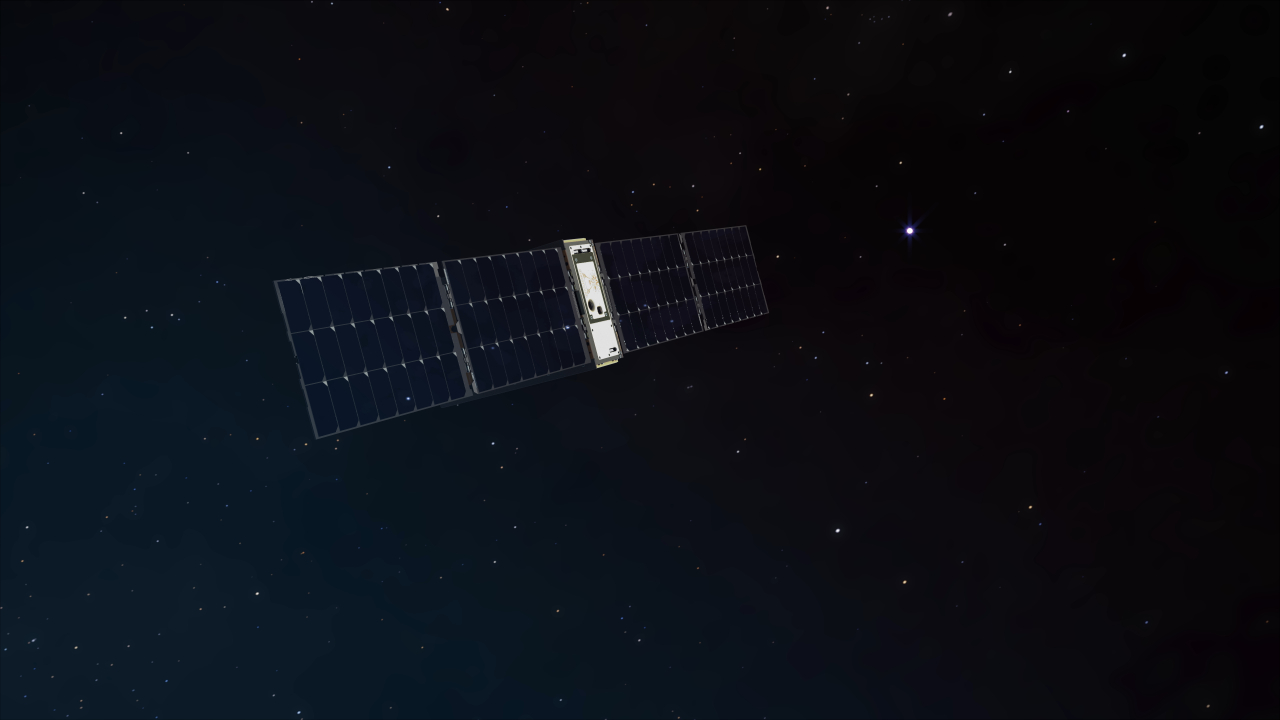
Tiny NASA satellite detects its 1st massive gamma ray burst
By Sharmila Kuthunur published
A NASA satellite designed to search for the universe's most powerful and violent explosions has successfully scouted its first burst, space agency officials announced earlier this week.
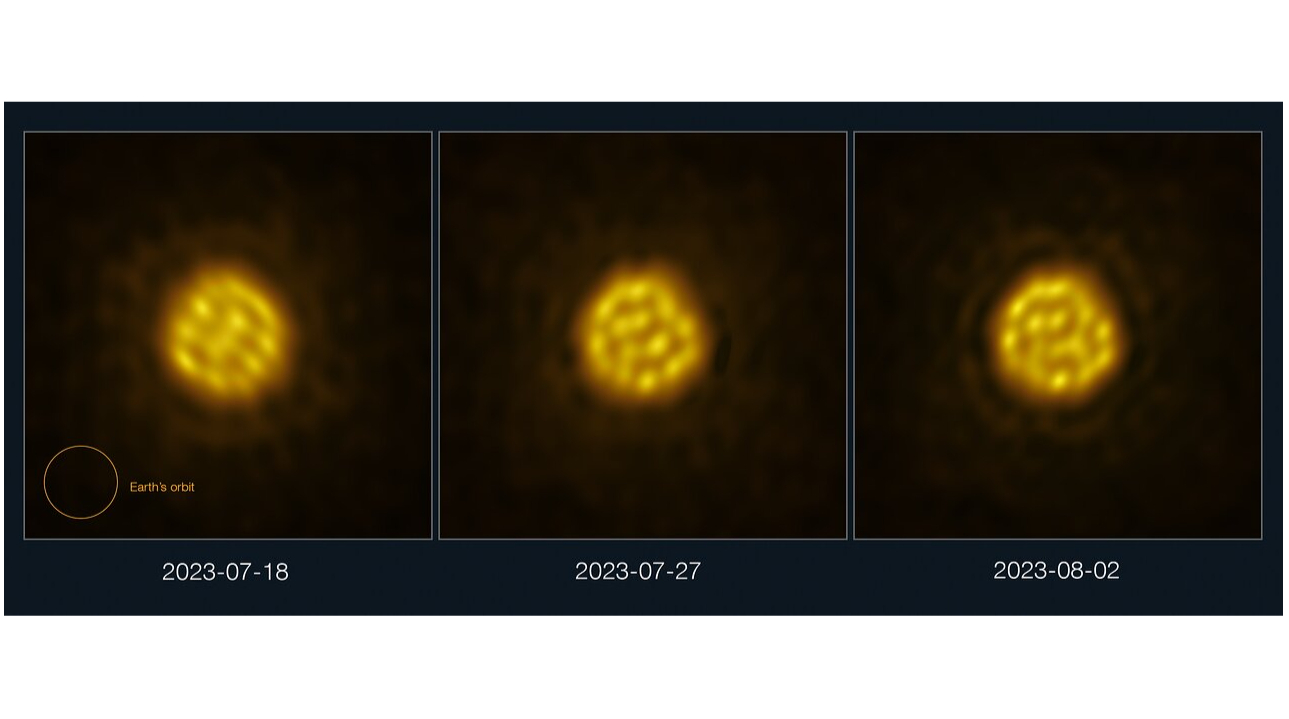
The bubbling surface of a distant star was captured on video for the 1st time ever
By Sharmila Kuthunur published
Astronomers have gotten the first-ever detailed views of turbulent activity on a star other than our own sun.

Hot 'Salsa:' European satellite burns up in landmark controlled reentry (photo)
By Sharmila Kuthunur published
The European Space Agency's Salsa satellite safely deorbited on Sunday (Sept. 8) over a hand-picked region of the South Pacific Ocean.
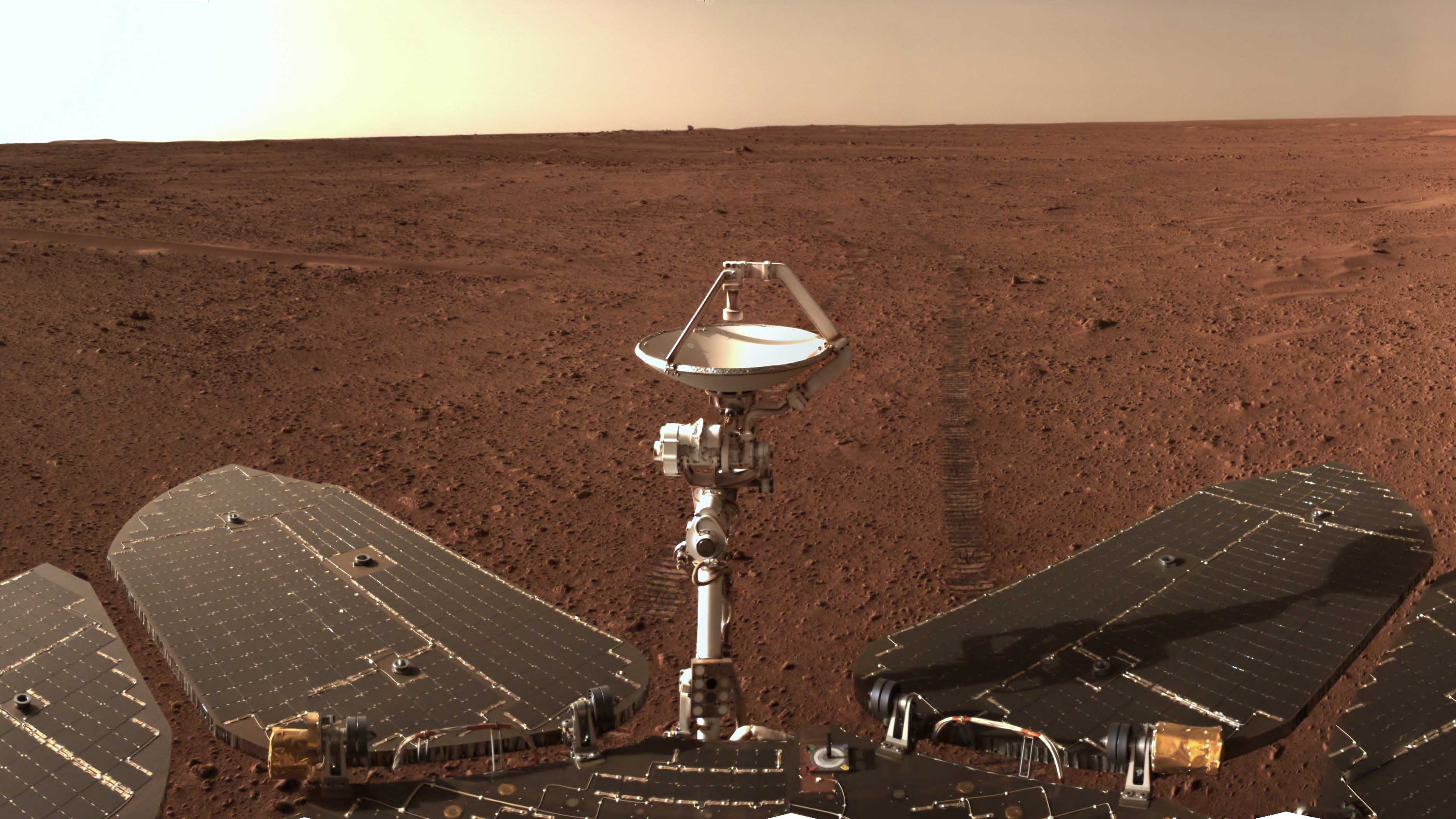
China moves Mars sample-return launch up 2 years, to 2028
By Sharmila Kuthunur published
China has moved the launch of its Tianwen 3 Mars sample return mission up two years, to 2028. The new timeline suggests China could get Mars samples to Earth as soon as 2031.
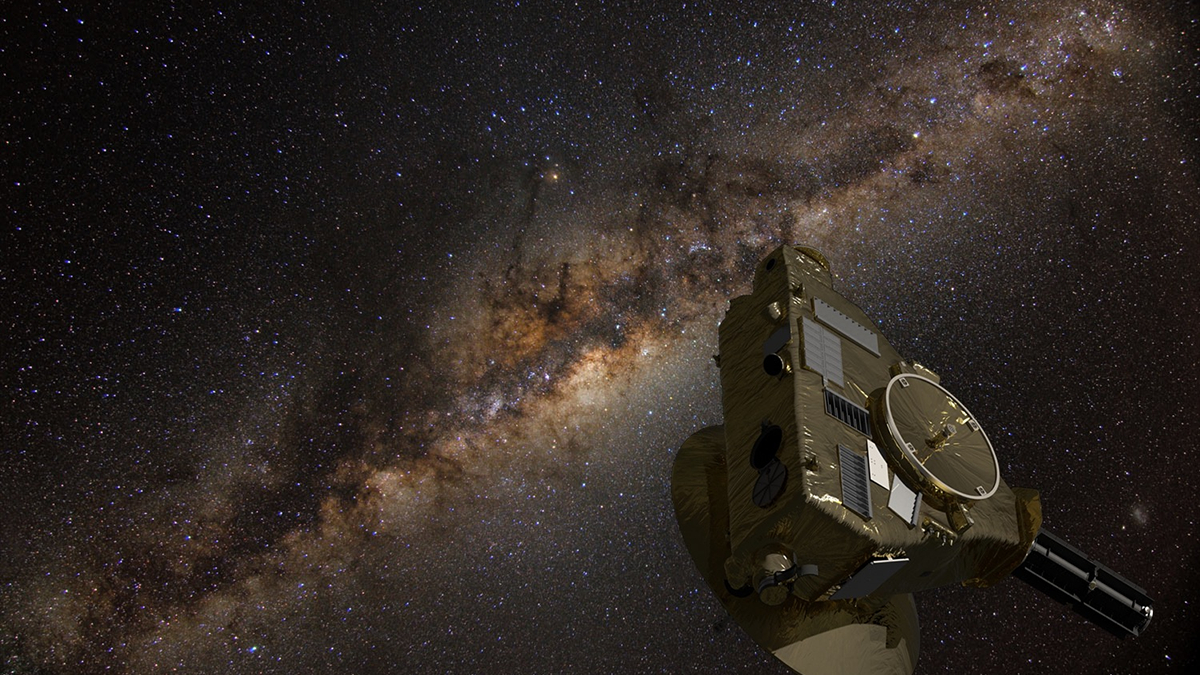
Just how dark is the universe? NASA's New Horizons probe gives us best estimate yet
By Sharmila Kuthunur published
NASA's New Horizons spacecraft, which flew by Pluto in 2015, has offered the best-yet estimates of how dark deep space truly is.
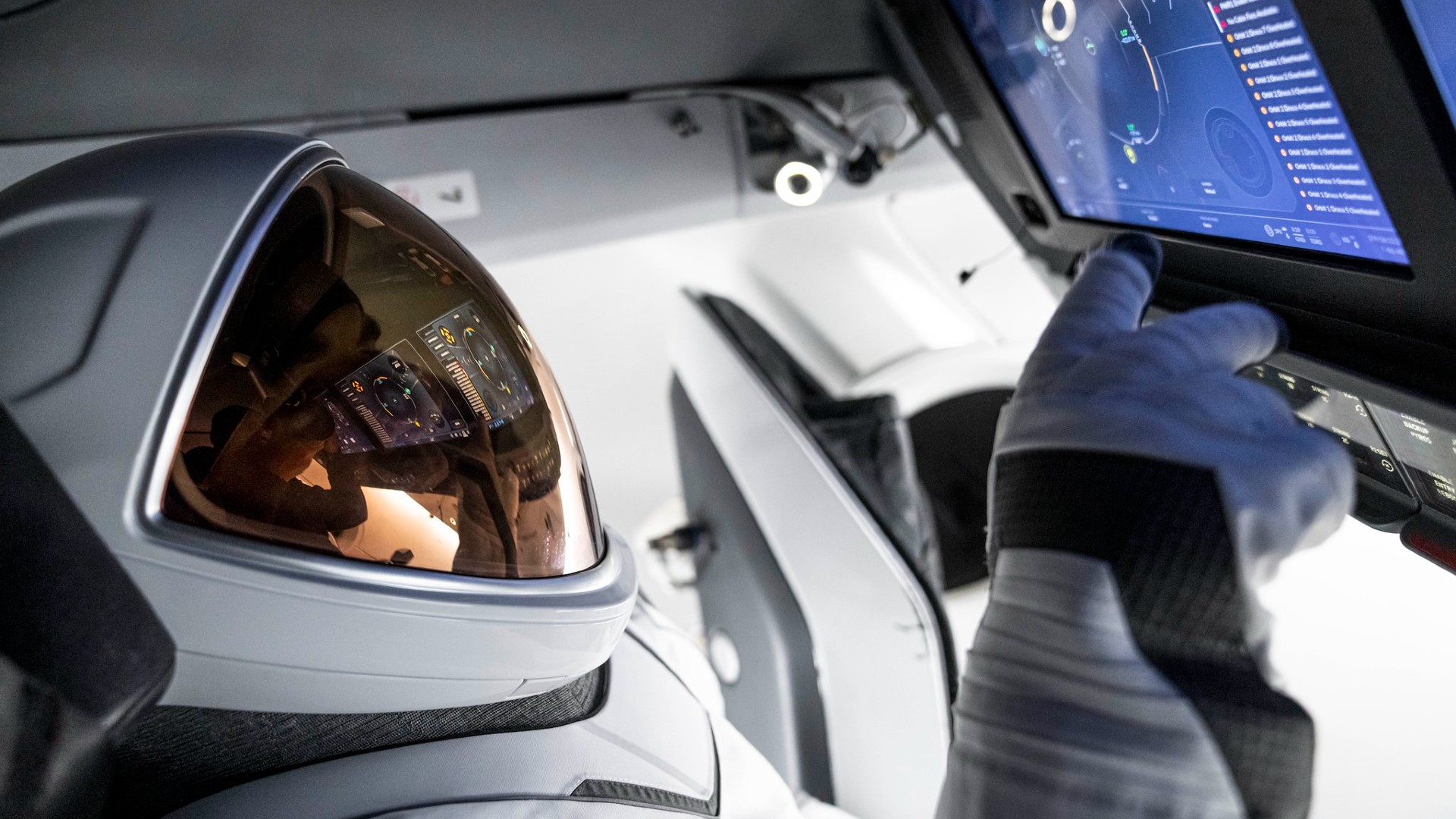
SpaceX's Polaris Dawn astronauts will make a daring trek into Earth's Van Allen radiation belt
By Sharmila Kuthunur published
SpaceX's trailblazing Polaris Dawn mission will make a daring trek into Earth orbit, one that will ferry the crew through belts of radiation wrapped around our planet.
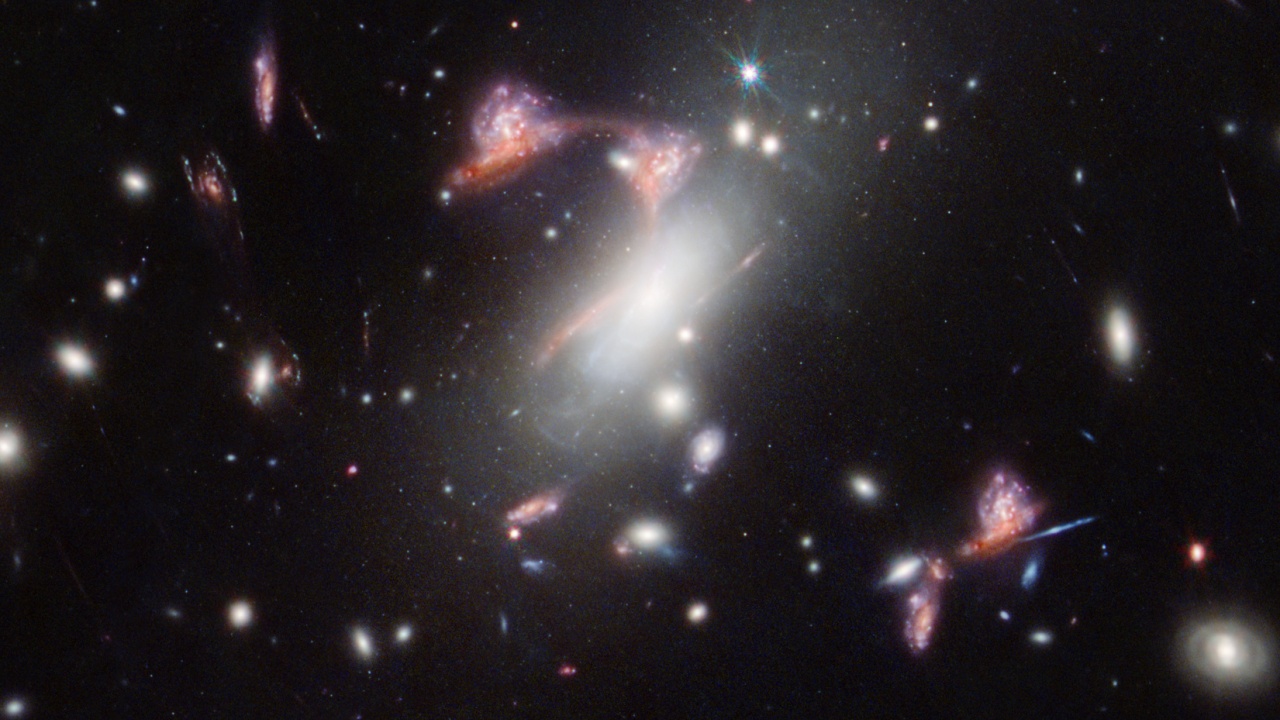
James Webb Space Telescope zooms in on giant question mark in space (image)
By Sharmila Kuthunur published
James Webb Space Telescope finds clues about a pair of faraway, interacting galaxies that trace a distinct question mark in deep space.
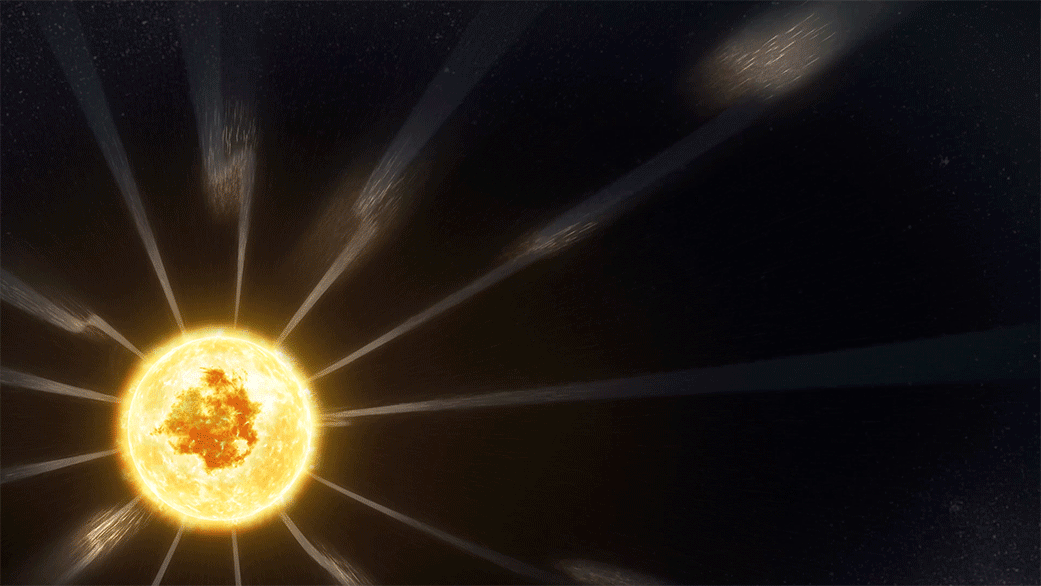
Lucky alignment of 2 spacecraft reveals how solar wind gets a magnetic push
By Sharmila Kuthunur published
Energy-packed plasma waves pump enough energy into streams of solar wind to propel them to their unexpectedly high speeds, observations by two sun-studying spacecraft suggest.
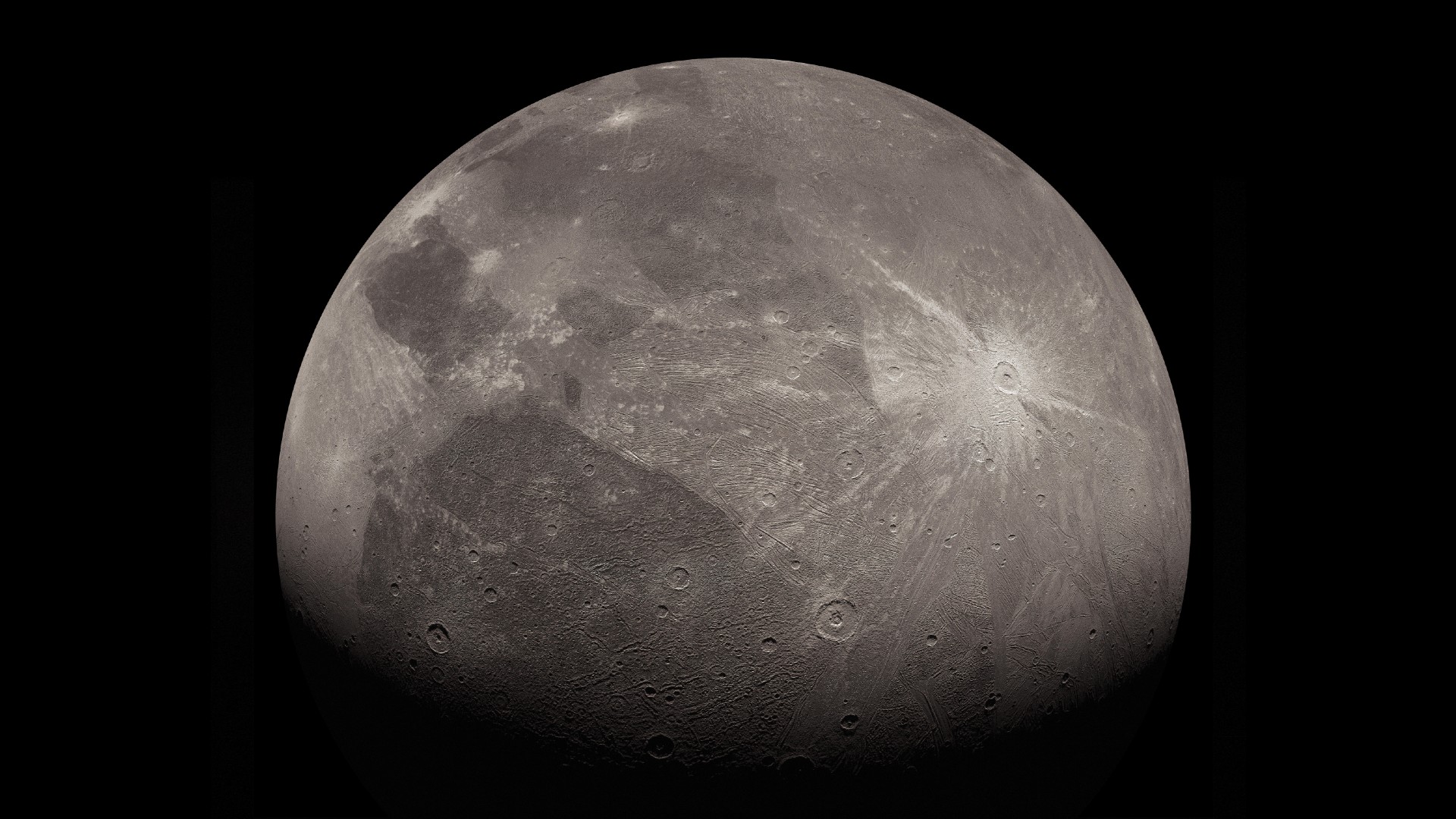
A huge asteroid crash permanently altered Jupiter's biggest moon Ganymede
By Sharmila Kuthunur published
A colossal asteroid slammed into Jupiter's largest moon Ganymede with so much power it dramatically and permanently reoriented the moon roughly 4 billion years ago, new research suggests.
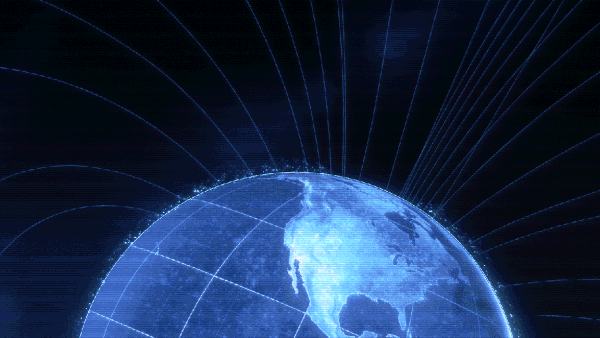
'It basically lifts the skies up.' NASA discovers Earth's electrical field at last after 60-year search
By Sharmila Kuthunur published
A long-sought invisible electrical field wrapped around Earth has been detected more than half a century after it was first predicted to exist.
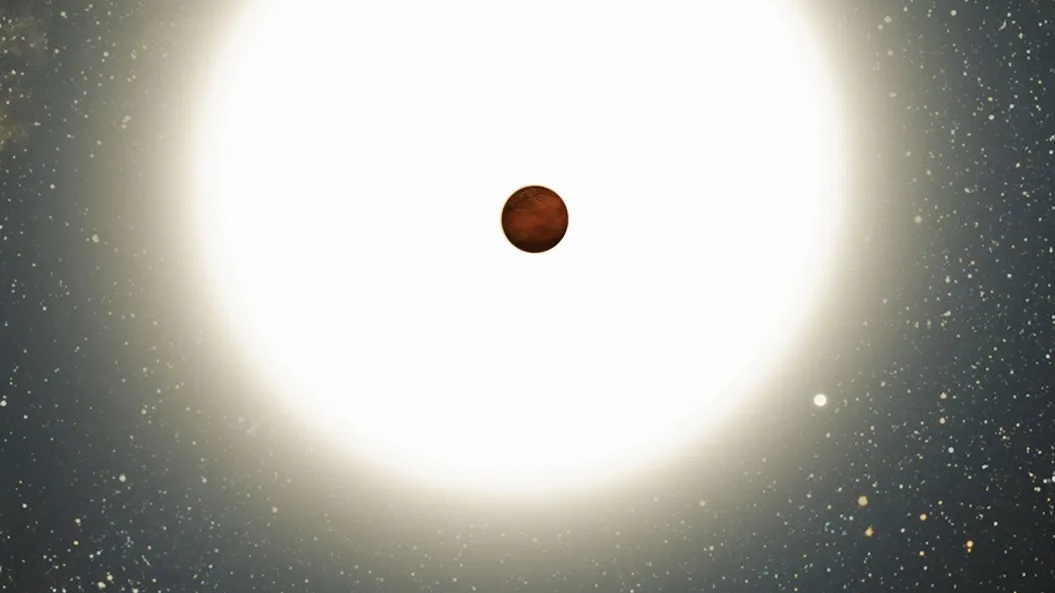
'Warm Jupiter' exoplanet 300 light-years away found by amateur astronomers
By Sharmila Kuthunur published
A network of citizen scientists recently found a "warm" Jupiter 300 light-years from Earth that can reveal clues about how our own Jupiter and solar system evolved.

Rocket Lab's Mars probes reach launch site ahead of 1st flight on Blue Origin New Glenn rocket (photos)
By Sharmila Kuthunur published
The twin ESCAPADE satellites have arrived in Florida for the highly anticipated inaugural flight of Blue Origin's New Glenn megarocket in October.
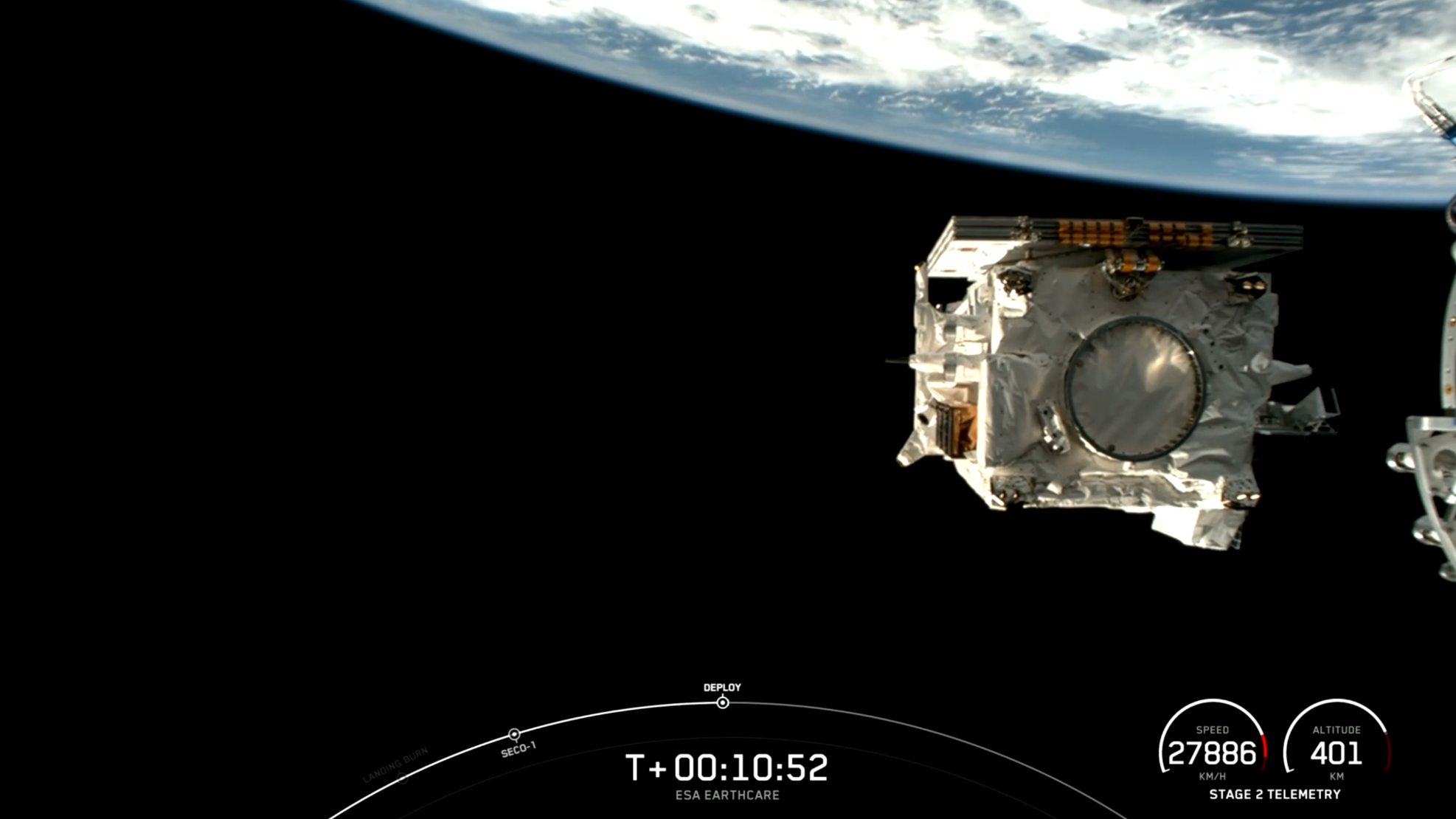
Satellite watches as hazardous wildfire particles drift into the air
By Sharmila Kuthunur published
The recently launched satellite has been watching the spread of aerosols from wildfire smoke, creating a catalog that scientists say would eventually benefit weather forecasting.
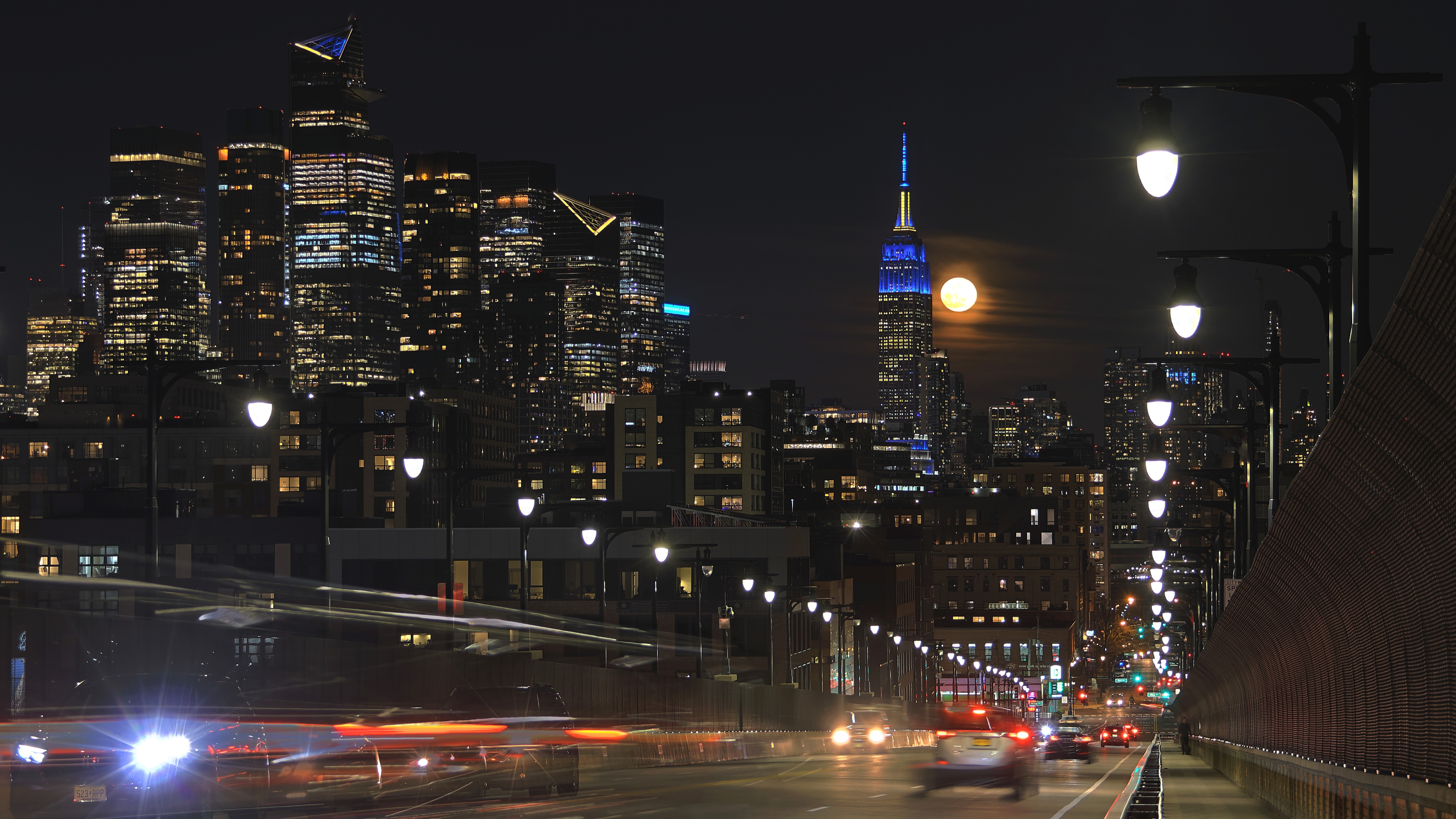
3 decades of satellite images show how cities keep getting higher
By Sharmila Kuthunur published
Cities around the world are now growing upward more than outward, an analysis of three decades of satellite data has found.
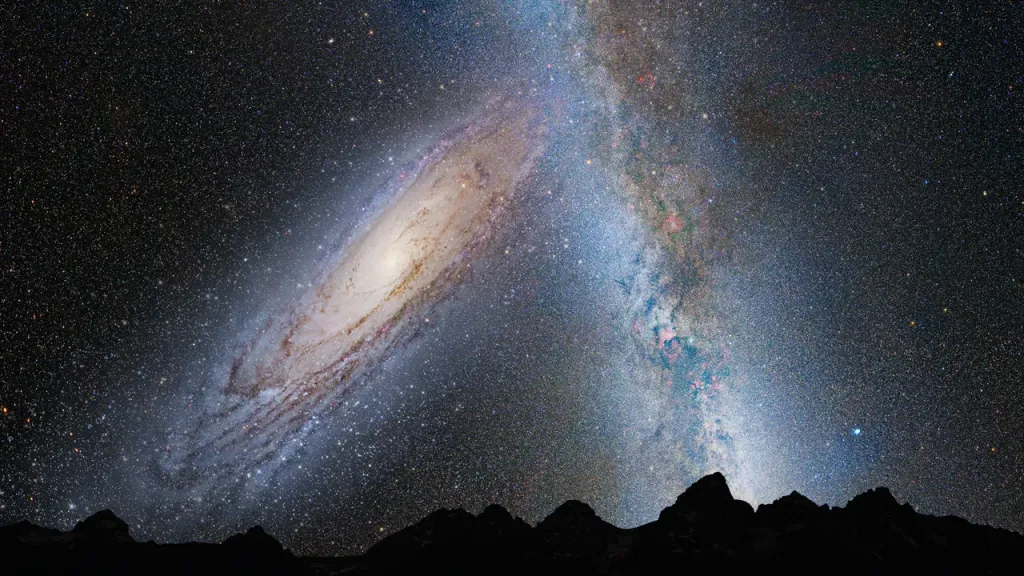
Will our galaxy really collide with Andromeda? Maybe not
By Sharmila Kuthunur published
A new simulation suggests the possible head-on collision of our Milky Way galaxy with the neighboring Andromeda galaxy comes down to a coin flip.
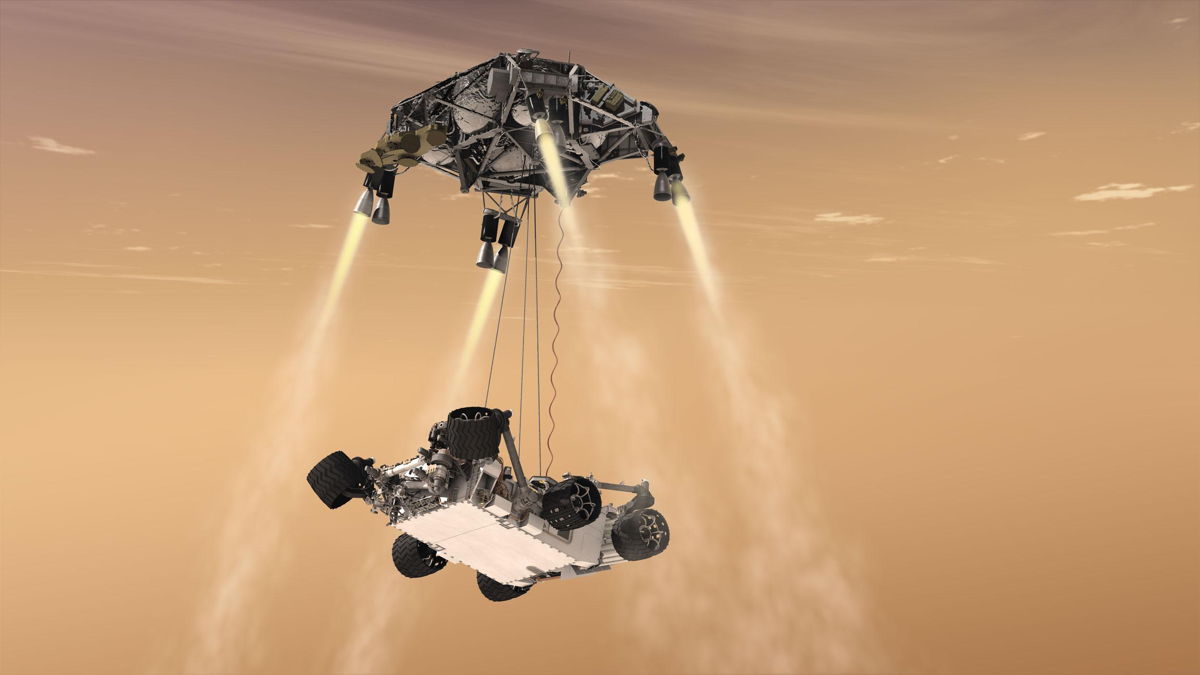
How NASA's Curiosity rover changed Mars landings forever (photos)
By Sharmila Kuthunur published
A look back at how NASA nailed the landing of its Curiosity Mars rover in August 2012, and what that success meant for Red Planet exploration.
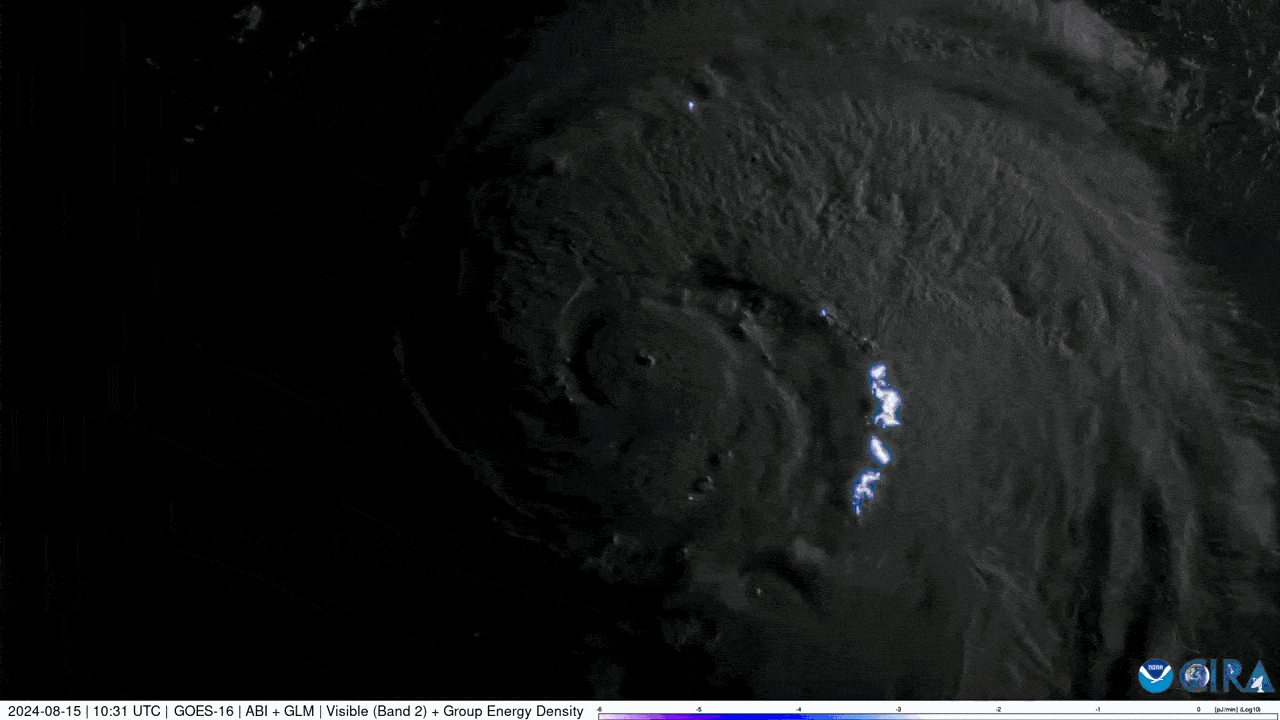
Satellites capture Hurricane Ernesto racing across the Atlantic (images)
By Sharmila Kuthunur published
NOAA satellites in orbit have recorded real-time views of Hurricane Ernesto as it made landfall in Bermuda before sailing through the Atlantic.
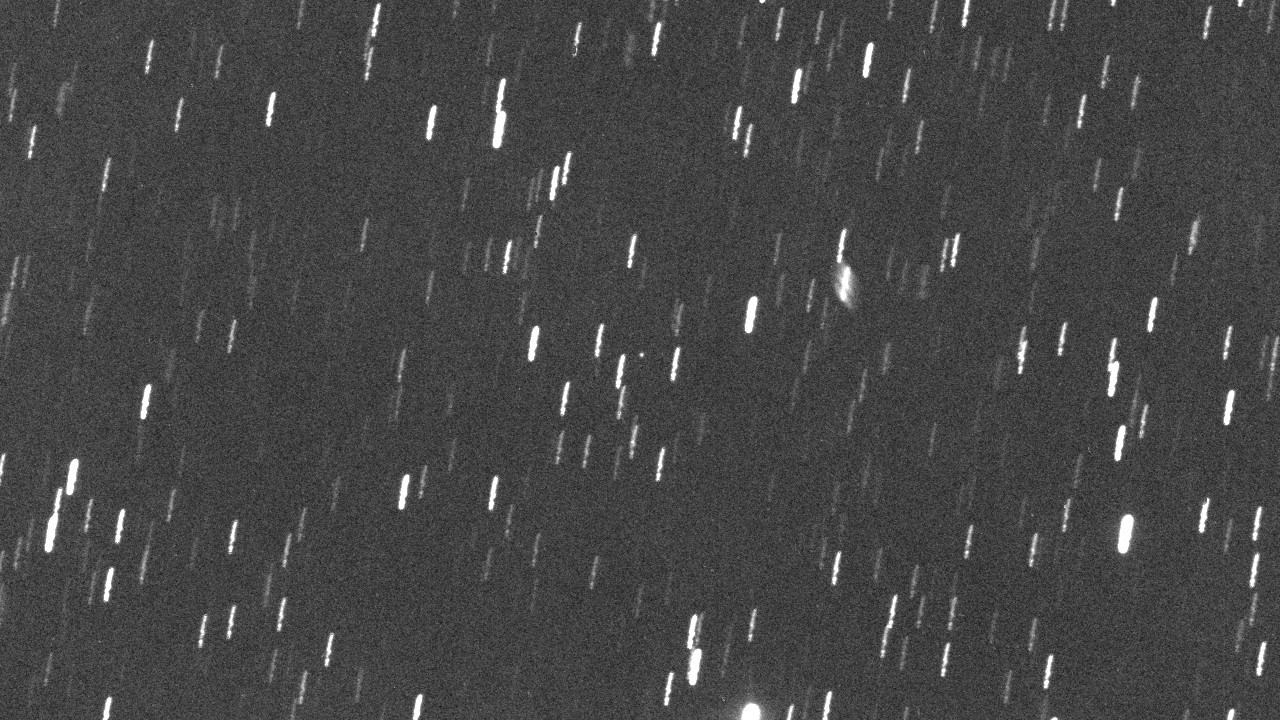
Telescopes capture Jupiter-bound JUICE probe during historic Earth-moon flyby (photos)
By Sharmila Kuthunur published
Telescopes caught a glimpse of Europe's JUICE probe as it swings by Earth and the moon for a gravitational assist on its way to explore Jupiter's icy moons.
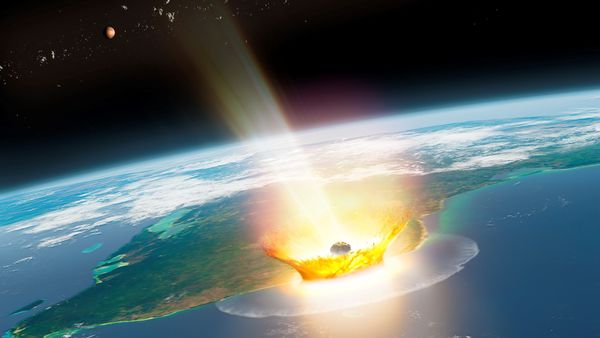
Dinosaur-killing asteroid was a rare rock from beyond Jupiter, new study reveals
By Sharmila Kuthunur published
Scientists have uncovered the "genetic fingerprint" of the dinosaur-killing Chicxulub impactor, potentially revealing the fateful rock's origins in the outer reaches of our solar system.
Get the Space.com Newsletter
Breaking space news, the latest updates on rocket launches, skywatching events and more!
